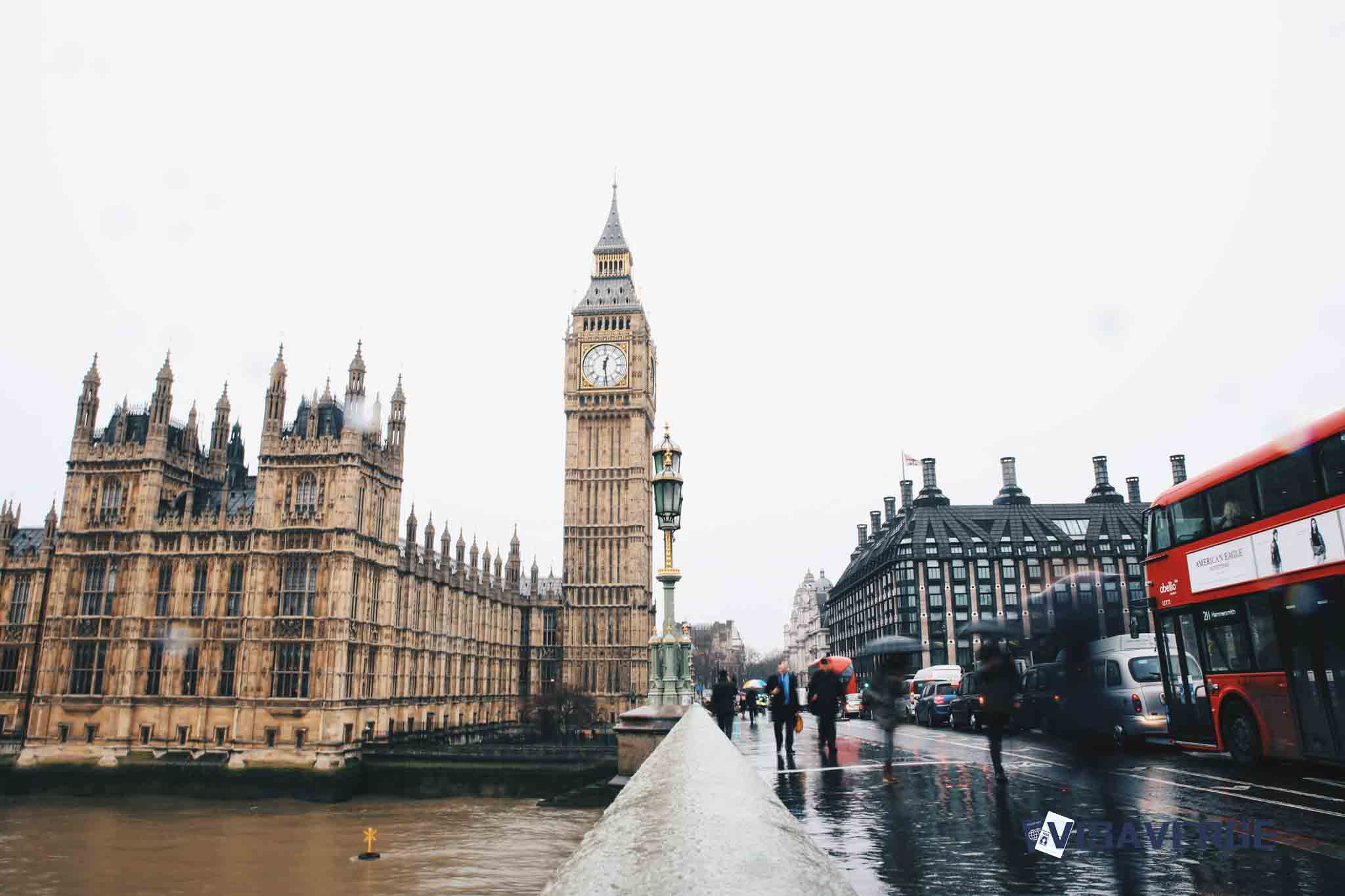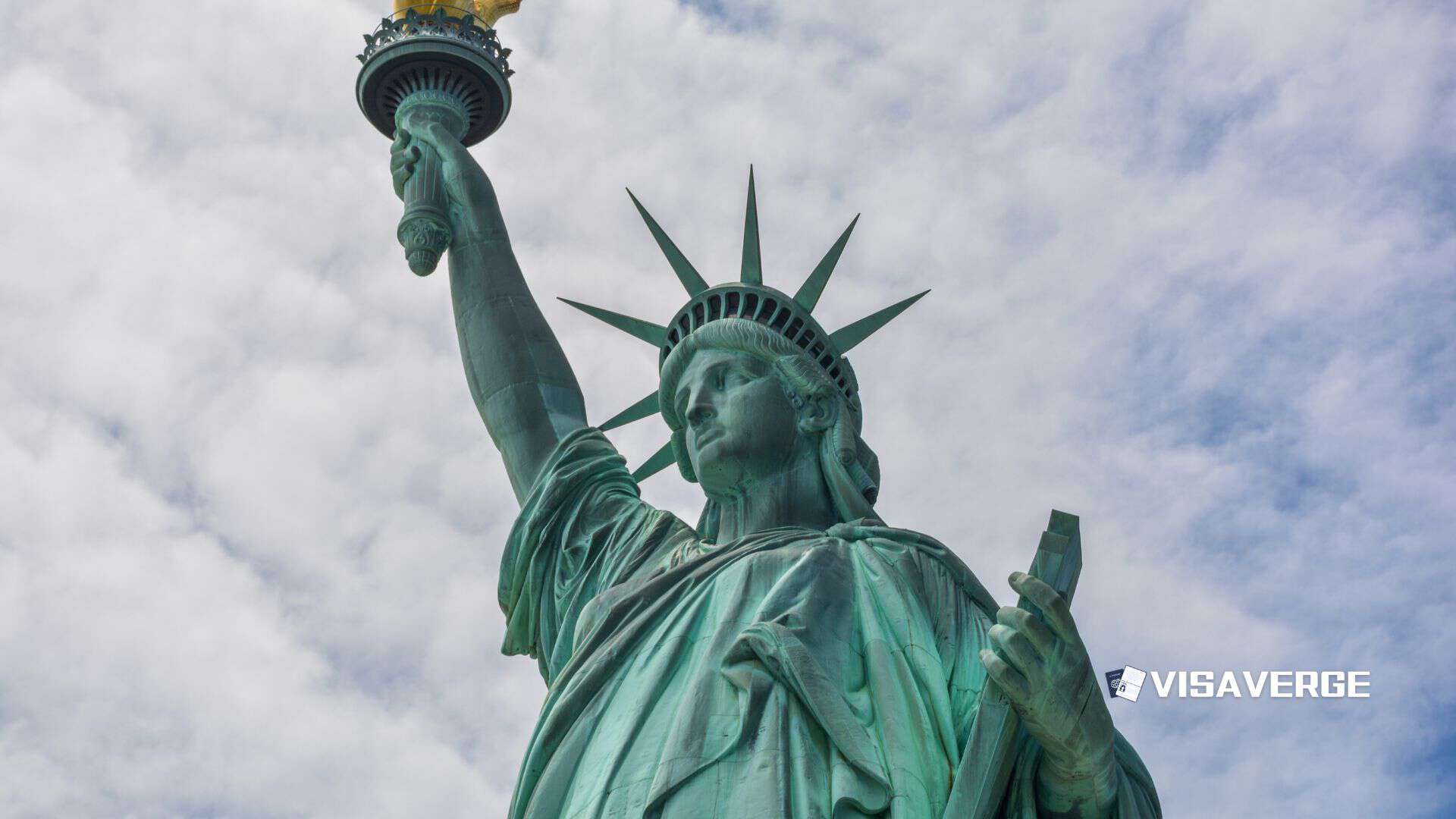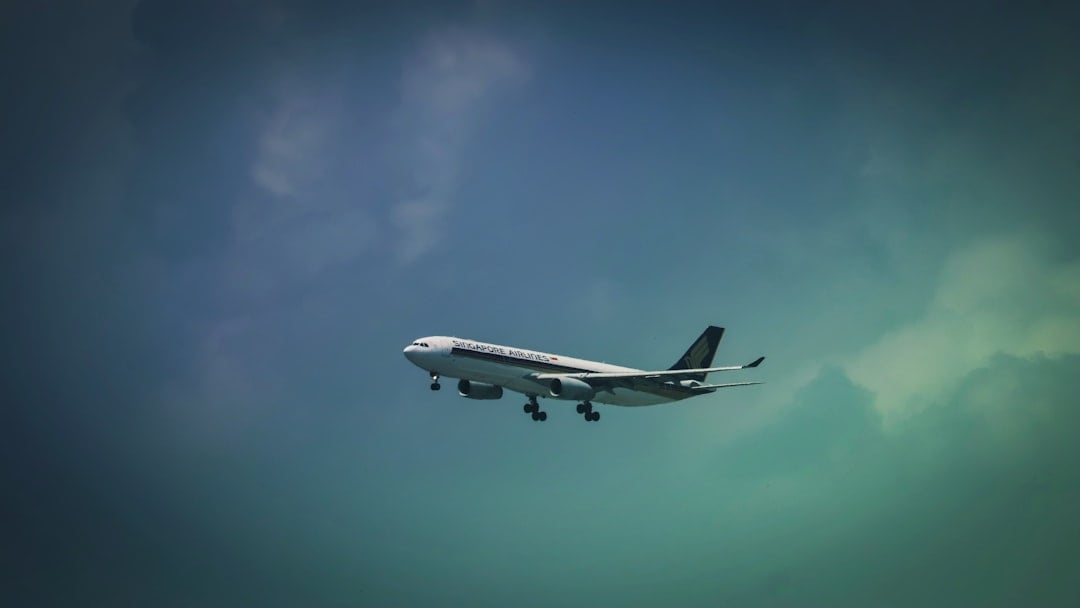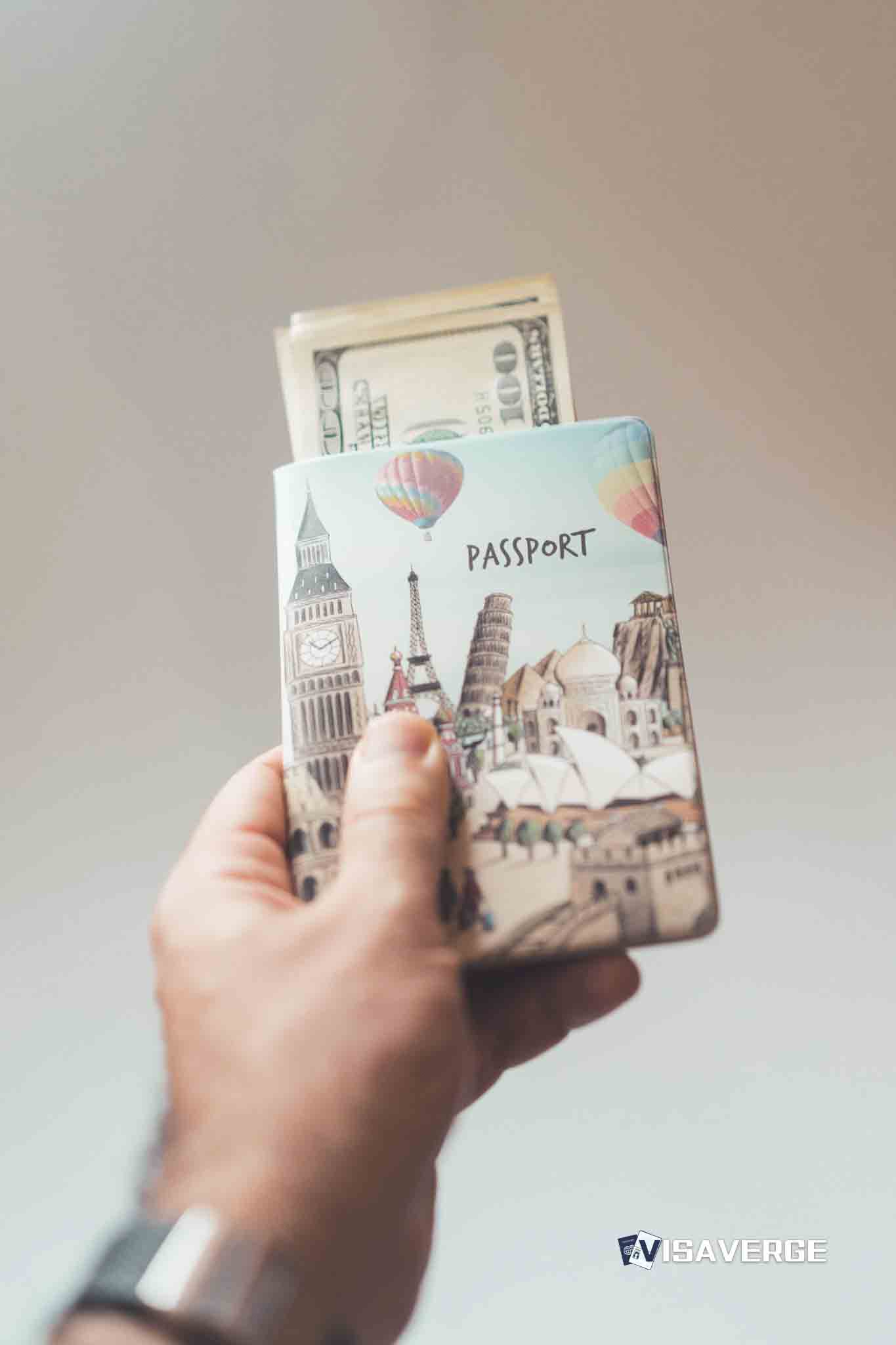(VIETNAM) Vietnam is urging the United States to keep student visa processing smooth after a global Visa Interview Freeze upended summer plans. The pause began in late May, as many F-1 students were preparing to travel.
On May 27, 2025, the U.S. State Department told consulates to stop releasing new interview slots for F-1, M-1, and J-1 visas. Existing appointments and already-issued visas remained valid, but slots paused.
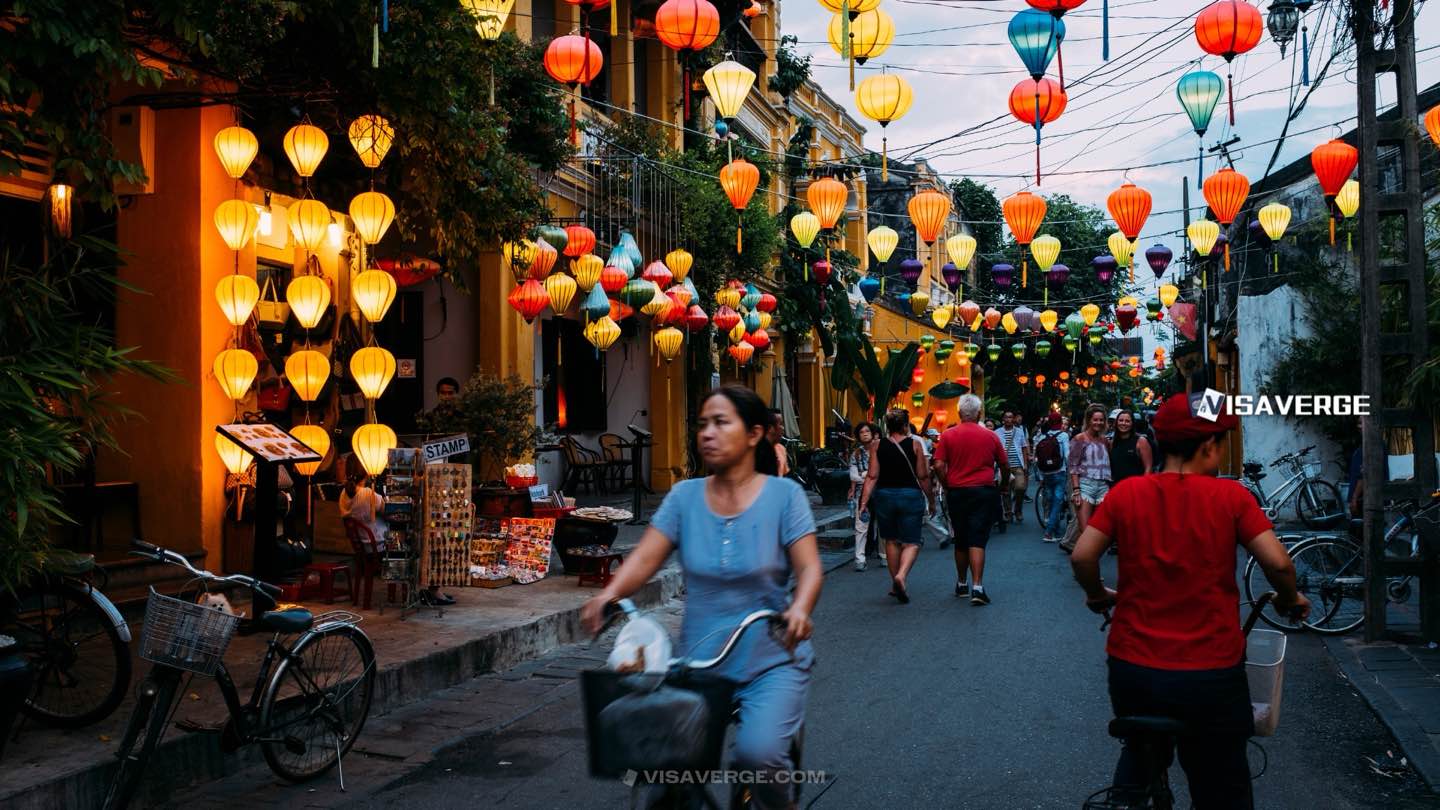
What changed since May
- Visa Interview Freeze: The instruction blocked new appointment openings until further notice. It did not cancel interviews already on the calendar or void visas in passports.
- Partial easing in Vietnam: By mid-June, the U.S. Consulate General in Ho Chi Minh City began opening some new interview times running through August 2025, offering partial relief.
- Vietnam’s response: The Ministry of Foreign Affairs said it is working with U.S. counterparts to keep student flows steady and protect education ties.
- State Department posture: Officials say posts will keep using flexible scheduling where possible, but the timeline for full resumption remains unclear.
According to analysis by VisaVerge.com, the staggered reopening in Ho Chi Minh City mirrors a cautious approach elsewhere, where consulates are adding capacity in small batches while awaiting Washington’s next steps.
Why it matters
The freeze hit at a sensitive time. Vietnamese students had accepted admission offers, paid deposits, and booked flights. Many now face uncertainty about arrival dates and orientation.
U.S. universities worry about enrollment and housing planning. International students contribute tuition revenue and campus diversity; sudden delays strain both.
Education cooperation is a part of Vietnam–U.S. ties. A smooth F-1 pipeline supports families, schools, and training programs in both countries. Disruptions also ripple across:
- Airlines
- Landlords
- Local businesses near campuses
What students should do now
Here’s a practical checklist for Vietnamese applicants affected by the Visa Interview Freeze:
- Confirm your school start date and the last day you can arrive. Ask about remote start or late arrival options.
- Keep your Form I-20 current. If your report date moves, request an updated form from your school’s Designated School Official (DSO). See official I-20 guidance: https://www.ice.gov/sevis/i20
- Complete the Form DS-160 online and save the confirmation page with barcode. Start at the State Department’s secure portal: https://ceac.state.gov/GenNIV/Default.aspx
- Pay the I-901 SEVIS fee and keep the receipt with your SEVIS ID. Official payment portal: https://fmjfee.com
- Keep checking the consulate’s appointment system daily. New slots can appear without notice, and they go fast.
- If you already have an appointment, arrive early, bring all documents, and expect normal security screening. Your appointment remains valid.
- Prepare a clear study plan for the interview. Be ready to explain your major, how you’ll pay, and ties to Vietnam.
- Discuss backup options with your school, such as spring entry or deferral, in case you cannot secure a timely slot.
Key documents to prepare
- Passport valid for at least six months beyond your stay
- Form I-20 signed by you and your school
- Form DS-160 confirmation page
- I-901 SEVIS fee receipt
- School admission letter and any scholarship award
- Bank statements or sponsor letters proving funds
- Academic records and test scores, if required
Keep originals and photocopies. Arrange documents in a folder for easy review.
Interview waiver changes ahead
A separate policy change is coming: effective September 2, 2025, the State Department will update which nonimmigrant visa categories qualify for interview waivers. This could help some low-risk applicants skip a face-to-face interview.
Important: This change does not directly end the current pause on releasing new slots. Students should not assume a waiver applies to them without official notice from the Consulate.
How universities and families are affected
Vietnamese families often plan years around a child’s F-1 goal. Tuition deposits, housing, and flights add up. When interviews stall, those funds sit in limbo.
U.S. colleges face uncertainty: admissions teams must guess who can actually arrive, housing offices hold beds, and professors adjust class sizes. Educators welcome signs of movement, including the Ho Chi Minh City openings, but many still worry about late arrivals—especially for lab programs and clinical courses that require in-person work.
Timeline and outlook
| Date | Event |
|---|---|
| May 27, 2025 | State Department orders no new interview releases for F-1, M-1, J-1 |
| Mid-June 2025 | Ho Chi Minh City begins adding limited slots through August |
| August 2025 | Students still await broader guidance; some find slots, others face delays |
| September 2, 2025 | Interview waiver criteria update takes effect |
An update from Washington is expected, but no firm date is set. Stakeholders in Vietnam and the United States continue to watch for signs of a full return to normal scheduling.
A real-world scenario
Consider a student from Da Nang admitted to a California university for fall. She files Form DS-160, pays the I-901 SEVIS fee, and schedules an appointment for July. After the Visa Interview Freeze, July fills up and no new dates appear.
In mid-June, she finally books an August slot in Ho Chi Minh City, but her program’s orientation started earlier. Her school allows late arrival, and she travels a week into classes. This kind of scramble is now common.
Practical tips for smoother processing
- Apply early next cycle. Start the DS-160 and SEVIS steps as soon as you get your I-20.
- Keep email folders for visa receipts, school messages, and consulate notices.
- Check your appointment profile at least twice a day for fresh openings.
- Bring clear financial proof—be specific about tuition, living costs, and who pays.
- If denied, ask the university about re-issuing an I-20 for the next term and keep your SEVIS record tidy.
Official source for updates
For the latest policy announcements, see the U.S. Department of State’s official visa page: https://travel.state.gov
Bottom line
The Visa Interview Freeze is temporary, but its timing is painful for many Vietnamese F-1 hopefuls and U.S. campuses that count on them. Vietnam has pressed for a smooth, predictable process, and the partial opening in Ho Chi Minh City is an encouraging sign.
Until broader guidance arrives, students should:
- Prepare fully,
- Watch for new slots, and
- Work closely with their schools to keep study plans on track.
This Article in a Nutshell
A May 27, 2025 Visa Interview Freeze halted new F-1, M-1, J-1 slots, disrupting Vietnamese students. Mid-June openings in Ho Chi Minh City offered limited relief through August 2025. Students should keep I-20 and SEVIS current, check appointment systems daily, and discuss deferral or spring entry with their schools.










